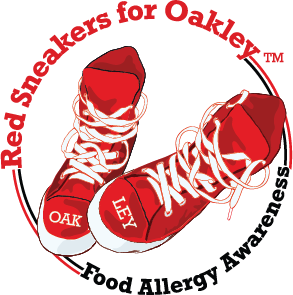Food Allergy Myths and Misconceptions
There are several myths and misconceptions that cause confusion about food allergies. Here are a few myths about food allergies…
1️⃣ MYTH: FOOD ALLERGY AFFECTS BEHAVIOR
Many parents with food allergic children blame the food allergies for problems such as attention-deficit/hyperactivity disorder or autism. While some studies do show that chemical preservatives or dyes, presumably through a pharmacologic rather than allergic mechanism, might contribute to these problems, the evidence is weak and not widely accepted by experts.
2️⃣ MYTH: EACH ALLERGIC REACTION GETS WORSE
This is not automatically the case. There is no truth in the fact that each subsequent exposure to the food will result in a worse allergic reaction. The severity of a subsequent reaction is not easily predicted and can be worse, the same, or milder than previous reactions.
3️⃣ MYTH: PEANUT-ALLERGIC INDIVIDUALS SHOULD AVOID ALL KINDS OF NUTS
First, let's understand that peanut is a legume and not a part of the tree nuts family. Many people with peanut allergy can tolerate tree nuts, and vice versa. However, some people can be allergic to multiple different foods, including peanuts AND certain tree nuts.
4️⃣ MYTH: ANTIHISTAMINES (LIKE BENADRYL) CAN STOP ANAPHYLAXIS
While anti-histamines can help with mild symptoms from a single system area, such as itching or hives, it is epinephrine that is required during anaphylaxis, followed by an ER visit. Be sure to #alwayscarrytwo epinephrine auto-injectors at all times on you.
